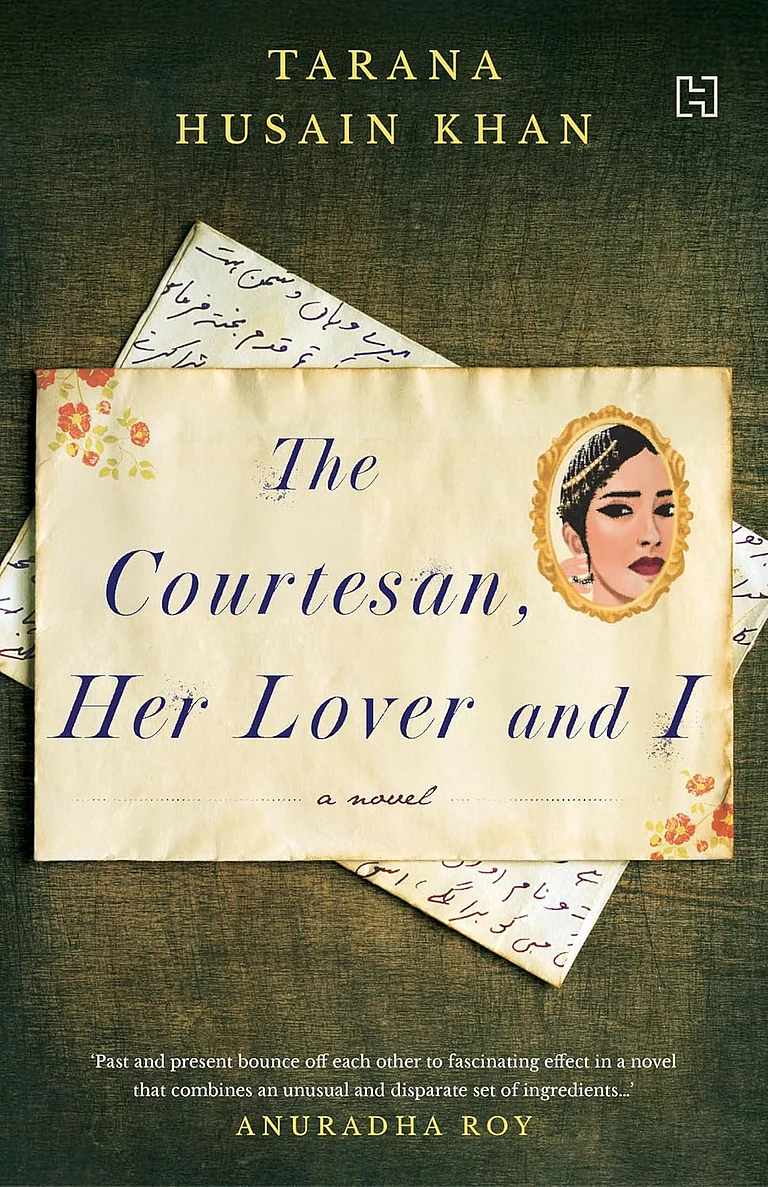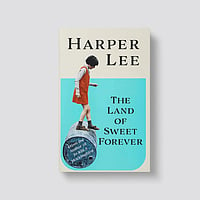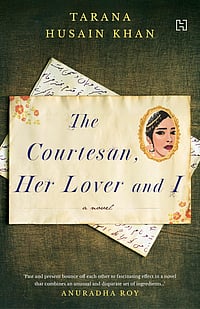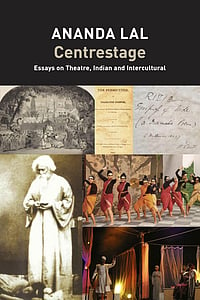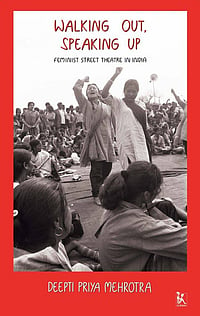Firestorm in Paradise
A novel on the 1857 Uprising
Rana Safvi
Penguin
INR 699.00
A distinguished historian brings the weight of her knowledge to bear on her first novel. Firestorm in Paradise is located in the depths of Shahjehanabad – Bahadur Shah Zafar’s haram, Safvi is very clear that she has no intention of using the world harem with its decadent connotations.
She tells the ornate story of Falak, according to her invention, one of Bahadur Shah’s daughters by a courtesan named Dil Ruba who died in childbirth and left her daughter to the organised life in the haram, under the care of her wet nurse Mubarak. Safvi’s descriptions of the interiors of the vast palace and its furnishings, the clothes and way of life are incredibly detailed.
She also uses the younger shahzadis in the haram as a means of instructing her readers on Timmurid mores as they keep pumping their senior aunts for more information on traditions. Falak is beautiful and artistic – she sits by the window of the main salon and sketches and one day her eye is caught by a handsome young man who has come for the morning Jharoka Darshan of the Badshah below.
Life in the haram is veiled and there are few opportunities for excursions but on one such Falak accidentally falls into the river from a boat and is rescued by the same handsome young man who turns out to be an eligible salatin or prince. The love story gradually unfolds – Falak catches the eye of the Badshah who recognises his daughter with a gesture of favour at one of his morning meals.
Filled with a cast of rich characters including Falak and her prince with Bahadur Shah Zafar and his beautiful Malika Zeenat Mahal, the book has its fill of conspiracies and intrigues. The angrez are in control of Dilli in all but name and nothing can happen without their consent, which is why the Malika is conspiring with them to have her son named heir apparent.
There is also a fabled treasure apparently hidden in the Qila and an embittered trader, Hira who has been deprived of his just dues by a Timmurid prince who died in convinced that the map is to be found in a locket that Falak wears. Mubarak and her angst regarding the safety of her beautiful ward and her attempts to prevent her being touched by nazar contribute to the story, so does the glass bangle seller Hariyali who acts as a go-between for lovers.
There are wheels within wheels as the conspiracies unreel and the clock begins to tick as Falak’s marriage to her prince is announced. The things that we know about the prelude to the 1857 uprising begin to creep in, Wazid Ali Shah’s exile to Calcutta, the greased bullets that cause protest and chapatis passed from hand to hand – all of which are whispers within the haram and not really clear to many in Dilli. What is certain is that the British are oppressors and many feel that something should be done about them but Bahadur Shah of the many titles is too old and powerless to take charge.
Some already work for the British and are certain that they are aware of what is happening and will take charge very shortly – proving that many inhabitants were unaware of the scope of the uprising and did not know about the Rani of Jhansi or the Peshwa’s involvement in the events of 1857, though they were certain that the spies of the angrez Sarkar kept their masters informed at every step.
Readers who know the history will be agog to see how Safvi deals with it – she slips in the stories as rumours things to be whispered about until finally events become to grow into a cyclone that sweeps the young men of Delhi into its path, including Falak’s husband, ending in a rout of looting symbolised by the death of an exquisite calligrapher who futilely strives to protect his women with a sword in the face of the guns. All of it the end of an Empire and the rise of another.
Safvi’s debut is about the destruction of an exquisite culture filled with the songs of courtesans, the stories of dastangois and contests of wit on the steps of the Jama Masjid. Safvi recreates the bustle of the markets and the courts with the historic knowledge at her disposal building up details to enrich her story.
(Anjana Basu is a Kolkata-based author and columnist.)










